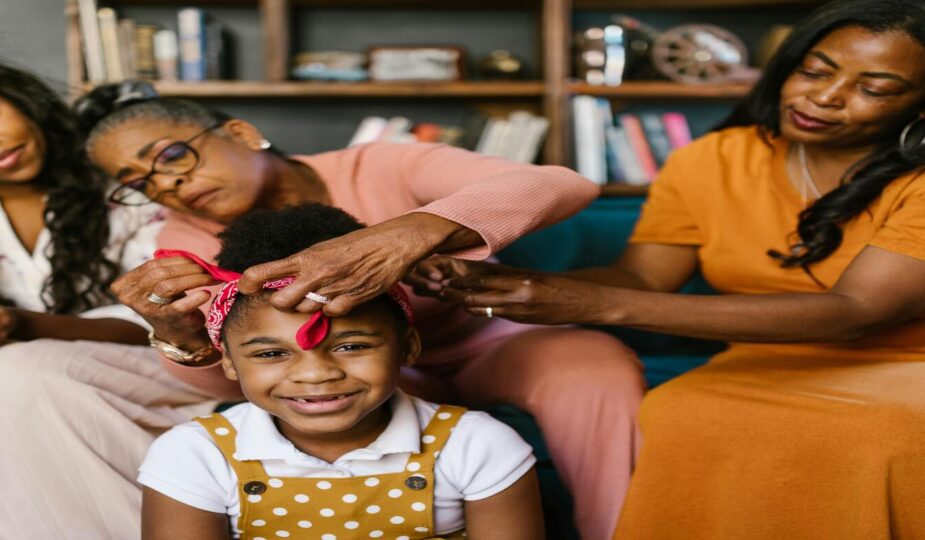By Uloma Eze
Healing is not linear. It does not happen overnight, and it certainly does not follow a perfect, straight path. As a young girl living in Nigeria, where conversations around sexual assault are often hushed and survival stories are met with doubt or shame, the journey to reclaiming yourself can feel isolating. But here’s the truth: You are not alone, and you deserve to heal on your own terms.
Step 1: Acknowledge That It Was Not Your Fault
Society has a way of shifting blame onto survivors, but let’s be clear: nothing you wore, said, or did justified what happened. The burden of blame belongs to the perpetrator, not you. Remind yourself every day—write it down if you must: I did not deserve this. I am not to blame.
Step 2: Find Your Safe Space
Healing starts with safety. Whether it’s a trusted friend, a family member, a teacher, or even a support group online, find a space where you can be vulnerable without fear of judgment. If speaking feels too heavy, journaling your thoughts can be a powerful first step toward releasing the pain.
Step 3: Seek Professional Help (If Accessible)
Therapy is not always accessible in Nigeria, but organizations like Mirabel Centre and Stand to End Rape (STER) provide counseling and support for survivors. If you can, reach out. Talking to a trained professional can help you process your trauma in a healthy way.
Step 4: Reconnect with Your Body
Sexual assault can make you feel disconnected from yourself, as though your body is no longer yours. Reclaim it. Try yoga, dance, or even simple breathing exercises—anything that makes you feel in control of your body again. Wearing clothes that make you feel comfortable and confident can also help in this process.
Step 5: Allow Yourself to Feel Everything
There is no right way to grieve. Some days you may feel numb, other days unbearably angry, and sometimes, strangely okay. Every emotion is valid. Suppressing your pain does not erase it—allow yourself to feel, cry, scream if you need to. Healing comes through expression, not avoidance.
Step 6: Set Boundaries and Say No Without Guilt
Your body, your space, your rules. It’s okay to say no—to certain conversations, to people who make you uncomfortable, to situations that trigger you. You do not owe anyone access to you. Protect your peace unapologetically.
Step 7: Find Strength in Other Survivors
You are not alone. Many women, including powerful Nigerian voices like Chimamanda Ngozi Adichie, have spoken about the importance of breaking the silence around sexual violence. Reading survivor stories, joining safe communities, and even engaging in activism (if and when you’re ready) can help you find strength in solidarity.
Step 8: Redefine Yourself—On Your Own Terms
What happened to you does not define you. You are not broken, and you are not ruined. You are strong, whole, and deserving of love, joy, and success. You get to decide who you are beyond this experience. Rebuild your dreams, set new goals, and step into your power—because your story is not over.
The Bottom Line
Healing is a journey, not a destination. Some days will be harder than others, but each step forward—no matter how small—is a victory. Remember: You are worthy. You are powerful. And most importantly, you are not alone.
featured image by Photo by RDNE Stock project









